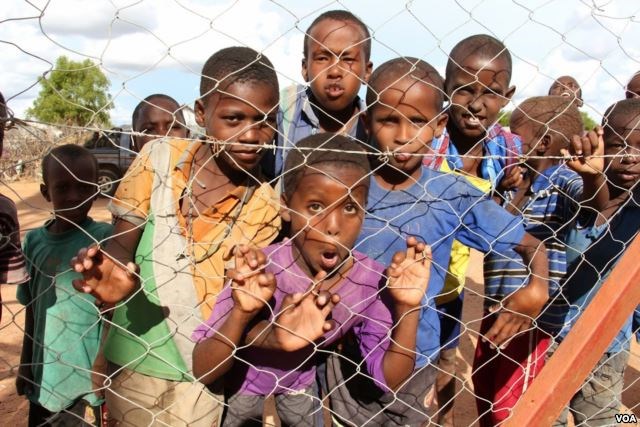Nairobi (HAN) May 11.2016. Public Diplomacy & Regional Security News. The Kenyan government has announced it will close its refugee camps in Dadaab and Kakuma, which collectively house more than half a million refugees.Dadaab — considered the largest refugee camp in the world — hosts more than 328,000 refugees, most of whom are Somalis escaping conflict in their country. The government has cited national security concerns due to growing terrorist threats as the reason for the closures.
However, Human Rights Watch senior refugee researcher Gerry Simpson says that refugees are not the source of such threats in Kenya.
“There’s not a single shred of evidence that any registered Somali refugees in Kenya have been behind any attacks in Kenya,” he said. “So far, not a single Somalia refugee has been charged with or convicted of any such offense. In the case of the attack on the Westgate Mall in Nairobi, and the Garissa attack in northeast Kenya last year, Somali nationals have been charged with those offenses, but they are known to have come in directly from Somalia, and were not registered refugees.”
Ministry of the Interior spokesman Mwenda Njoka disagrees, saying that terrorists have used the camps to plan and train for attacks, like the one at Westgate Mall, where 67 people were killed in September 2013.
“I will tell you for a fact, the people who carried out the terror attacks at Westgate, several of them were traced either through phone calls or through various contacts — intelligence — to refugee camps in Dadaab,” Njoka said.
Moderation needed
Governance and security expert Mummoh Nzau agrees that the camps pose a security threat, but argues that a measured approach is best.
“They have been infiltrated by terrorists, but it is not to the scale that every other refugee is a terrorist,” Nzau said, “and therefore, it is important that a lot of consultation and care is taken so that innocent people don’t get hurt in this process.”
One solution, Nzau believes, is to relocate the camps.
“They can move them right inside Somalia, but in a way that is safe for them and that they can be accessed by the international refugee agencies and other aid agencies,” he said.
Kenya, which has been hosting refugees for nearly 25 years, has previously threatened to close the camps, most recently last year, but did not follow through.
Political motivations suspected
Kenya’s elections are set for next year, and HRW’s Simpson says that politicians like to bring up the refugee issue around such cycles.
“So we hope that this is just hot air ahead of those elections, but it remains to be seen,” he said.
Njoka denies that elections have anything to do with the timing of the announcement.
Regardless of electoral considerations, aid workers like Liesbeth Aelbrecht, Kenya’s head of mission for Doctors Without Borders, want the government to keep the camps open for the good of the refugees.
“Well, we definitely hope they will reconsider the call,” she said.
The Kenyan government says the voluntary repatriation process, which was specified in a 2013 agreement signed by the Kenyan and Somali governments, as well as the United Nations High Commissioner for Refugees, has been slow.
The government announced it has already disbanded the Department of Refugee Affairs. It is unclear when — or if — the camp closures will begin.

Leave a Reply